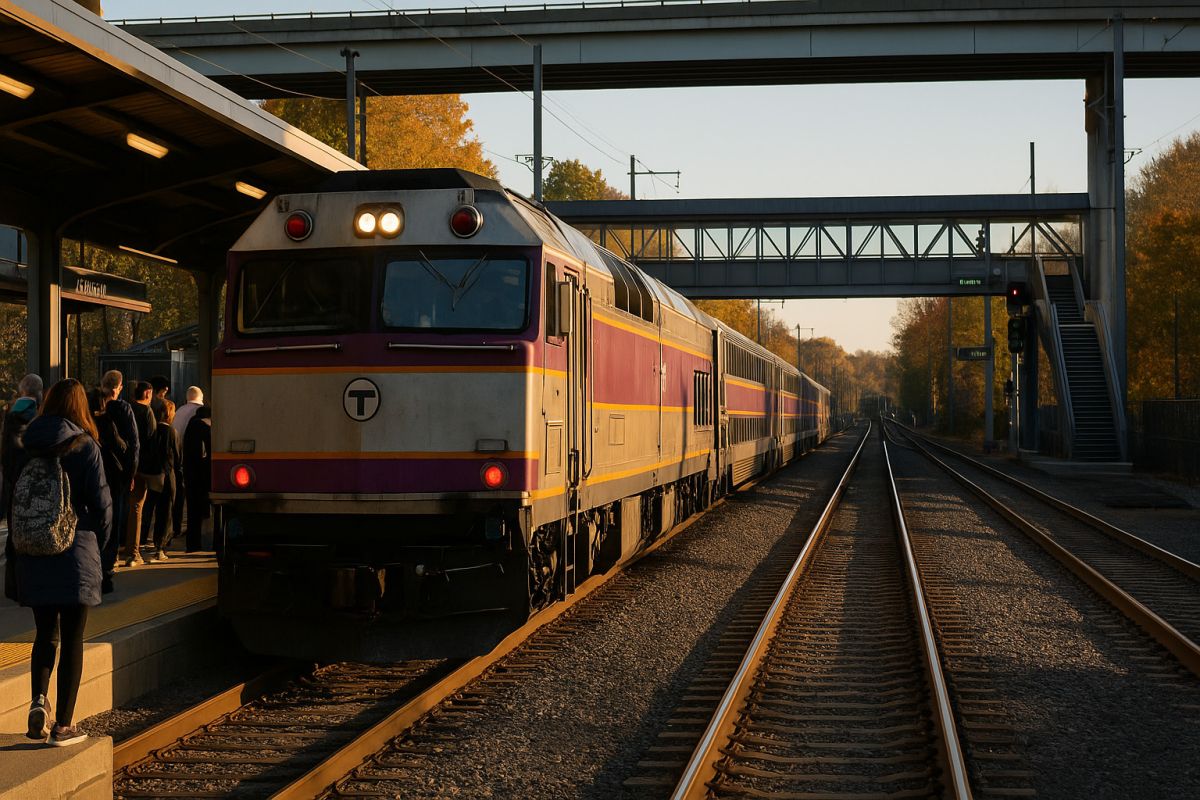The Commuter Catch: Can Attleboro Leverage Its Transit Links for Growth?

The Commuter Catch: Can Attleboro Leverage Its Transit Links for Growth?
In Southeastern Massachusetts, Attleboro has long been seen as a commuter-friendly hub with its two key MBTA stations—Attleboro and South Attleboro—connecting the city directly to Providence and Boston. Now, town planners and local leaders are asking whether this convenience can be more than just a way out, and instead become a way forward for economic growth and community revitalization.
The Attleboro MBTA station, located in the heart of downtown, already plays a major role in daily life for hundreds of commuters. But it’s the South Attleboro station, which has seen recent investment discussions around platform upgrades, parking expansion, and ADA improvements, that has become the new focus for long-term development planning. With strategic improvements, South Attleboro could serve not just as a stop, but as a springboard for attracting new business, housing, and investment.
The city’s Department of Planning and Development has started to explore transit-oriented development models that have worked in other gateway communities. Zoning updates, infrastructure funding, and public-private partnerships are all on the table. For some officials, the goal is clear: use commuter traffic as an engine to drive local spending, housing growth, and small business activity.
But the road to revitalization isn’t without its obstacles. Parking constraints, aging infrastructure, and unclear state-level timelines on station repairs have caused frustration. Local businesses say they’d like to benefit more from foot traffic, but pedestrian access between stations and commercial areas remains limited.
Residents, meanwhile, are watching closely. Some are excited about the potential for more walkable neighborhoods and increased property values. Others worry about overdevelopment and strain on schools or public services. Still, many agree that Attleboro has long underutilized its position on the commuter line.
For a city that has worked hard to define itself beyond being a "pass-through town," leveraging its MBTA connections could offer a chance to build something lasting—if done with care, input, and a clear vision.
Whether South Attleboro’s upgrades move forward swiftly or not, the conversation about commuter rail as a catalyst for change is already underway. The question now is whether Attleboro will rise to meet the moment.







